Germany’s crackdown on the AfD: A dangerous gamble against democracy
- Update Time : Wednesday, May 7, 2025

Germany has crossed a perilous threshold. The country’s domestic intelligence service, the Bundesamt für Verfassungsschutz (Federal Office for the Protection of the Constitution), has officially labeled the Alternative for Germany (AfD) a “confirmed right-wing extremist” party. While not a formal ban, this classification moves the AfD closer to complete political exclusion, creating risks far graver than the government and its allies seem willing to acknowledge.
This act is being justified on grounds familiar to Germany’s political culture: the need to defend the democratic constitutional order, to uphold human dignity, and to protect society from extremist threats. Yet in reality, it looks suspiciously like a politically motivated escalation-one that could undermine the very democratic principles the Verfassungsschutz claims to defend.
The facts of the situation are stark. The AfD, Germany’s largest opposition party, representing nearly a quarter of voters according to recent polls, has long been controversial for its nationalist rhetoric, harsh anti-immigration stance, and criticism of the European Union. Regional branches and its former youth organization had previously been labeled as extremist. The entire party was designated a “suspect case” (Verdachtsfall) years ago, allowing government surveillance. Now, the entire party has been formally blacklisted as extremist.
This designation means intensified surveillance, heavier stigmatization, and a greater likelihood of legal efforts to prohibit the AfD entirely. While the Verfassungsschutz’s detailed, thousand-page report remains unpublished, its conclusions have been publicly paraded: the AfD allegedly violates human dignity through its rhetoric, promotes a racially exclusive notion of German identity (described with the fraught term völkisch), and thus fundamentally opposes the constitutional order.
The stakes are enormous. Although AfD members remain free to run for office and voters may still cast ballots for them, this is no mere formality. Germany has now set itself on a dangerous course where political rivalry is increasingly settled not at the ballot box, but through legal and bureaucratic maneuvers.
First, the classification itself is a severe escalation. It maximizes state surveillance and opens the door to widespread social discrimination against AfD members-especially public servants, who could now face loyalty investigations. It also sends a message to voters: your chosen representatives are not merely wrongheaded but fundamentally illegitimate.
Second, the move is inevitably political. Despite protests to the contrary, the timing and nature of this action are too closely tied to the AfD’s spectacular electoral growth to be dismissed as coincidence. Having surged to second place in national polls and dominated elections in several eastern states, the AfD has become an existential threat to Germany’s traditional political establishment. Unable to defeat it electorally, some now seek to destroy it administratively.
The Verfassungsschutz itself has been politicized before. During the Cold War, it notoriously targeted left-wing groups, labor activists, and civil rights organizations under the banner of fighting extremism. Today’s use of the agency against a right-wing party carries the same dangers: that the state will not be a neutral guardian of democracy but a weapon in the hands of those already in power.
Labeling the AfD as extremist, without even publishing the full evidence, further corrodes trust in Germany’s institutions. It confirms for many ordinary citizens that the establishment is willing to bend-or abandon-democratic norms to maintain control.
If the government were to attempt a full prohibition of the AfD and fail, it would hand the party a potent victory: martyrdom. Like Donald Trump’s ability to benefit politically from legal battles in the United States, the AfD could turn any failed legal assault into fuel for its narrative of victimization and popular struggle against a corrupt elite.
Even success would be a poisoned chalice. Banning a party with 25% support would not make its supporters disappear. It would radicalize them, pushing dissent underground and possibly into extra-parliamentary movements far harder to monitor or control. The suppression of legal political outlets often breeds greater, not lesser, extremism.
Furthermore, the concept of a “firewall”-the strategy by which all other parties refuse any cooperation with the AfD-already disenfranchises millions of Germans. Their votes, unlike those cast for establishment parties, have no chance of translating into real political power. This two-tiered democracy, in which some citizens’ choices are respected while others’ are systematically excluded, is a recipe for alienation and anger.
It is particularly dangerous in the context of Germany’s east-west divide. The AfD’s strongest support comes from the former East Germany, a region already economically disadvantaged and often treated as a political backwater. Targeting the AfD thus reinforces a regional grievance that Germany has never fully healed since reunification.
There is also a glaring hypocrisy at work. Germany’s government and mainstream parties denounce the AfD for xenophobia and alleged racism at home, yet they offer unwavering support to Israel’s far-right government-a regime that stands credibly accused of committing genocide against Palestinians in Gaza. The German government even criminalizes expressions of solidarity with Palestinian victims, while condemning the AfD’s nationalist rhetoric. Such double standards sap moral authority from the very institutions now pretending to defend democracy and human dignity.
If “human dignity” truly were Germany’s red line, its foreign policy would look very different. Instead, Berlin’s actions suggest that human rights are secondary to geopolitical alliances. Meanwhile, domestically, accusations of “extremism” become political tools, selectively wielded against threats to the ruling consensus.
Few Germans are aware that the notion of wehrhafte Demokratie-militant democracy-does not stem solely from the lessons of Hitler’s rise. Rather, it was imported from American wartime policies during World War II and theorized by émigré German scholars like Karl Loewenstein. It was a doctrine designed to suppress not just violent insurrection but political movements deemed ideologically dangerous.
Far from a purely defensive shield, militant democracy often functions as a pretext for elite control. By criminalizing dissent in the name of protecting freedom, it risks replicating the very authoritarianism it claims to oppose.
In practice, Germany’s militant democracy approach did little to prevent the Nazi seizure of power. The real factor enabling Hitler’s rise was the cooperation of traditional elites-business leaders, military officers, and conservative politicians-who believed they could control him. The myth that banning “extremists” ensures democratic survival is a dangerous oversimplification.
Democracy demands confidence in the people. If a quarter of Germans support the AfD, the answer cannot be repression. It must be better politics: offering real alternatives, addressing the concerns of disaffected voters, and rebuilding trust in institutions.
Suppressing the AfD will not eliminate the grievances-economic insecurity, cultural alienation, distrust of elites-that fuel its rise. It will only deepen them. Political violence, should it emerge, will not be caused by “extremists” alone but by a political establishment that chose censorship and exclusion over persuasion and reform.
In seeking to destroy the AfD by administrative fiat, Germany’s rulers may ultimately destroy something far more precious: the belief that democratic competition, rather than state power, decides the nation’s future.


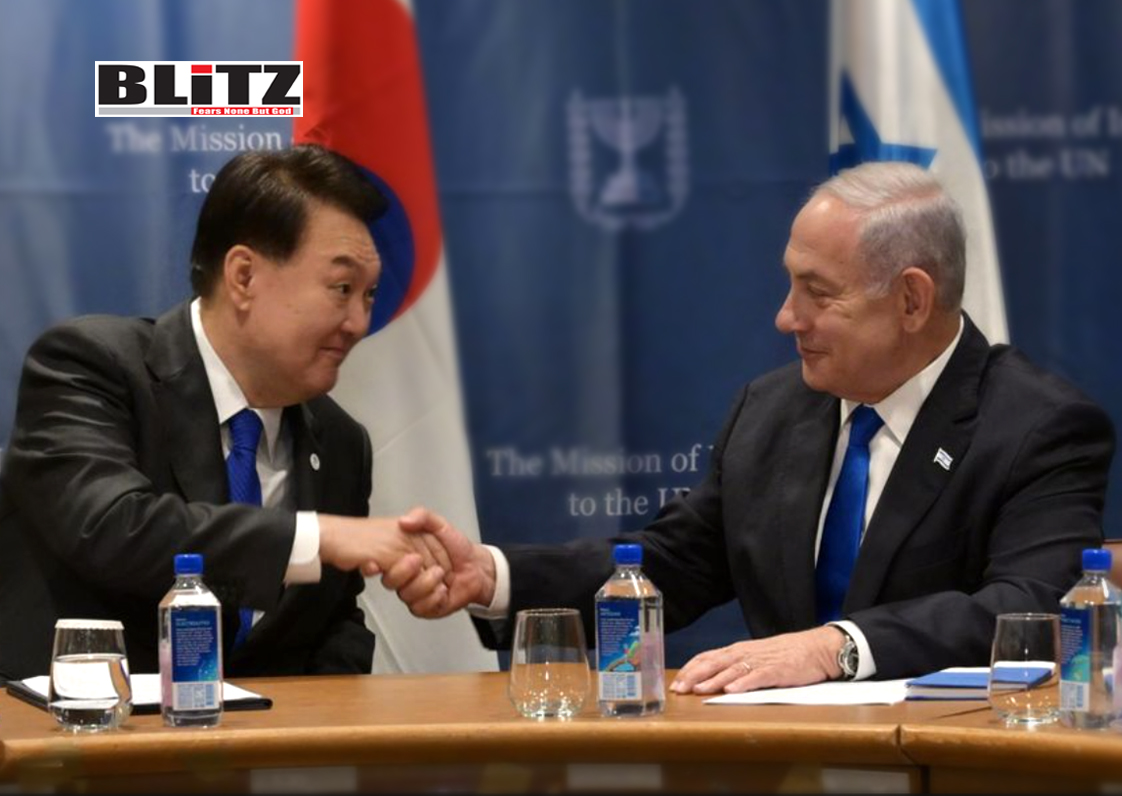
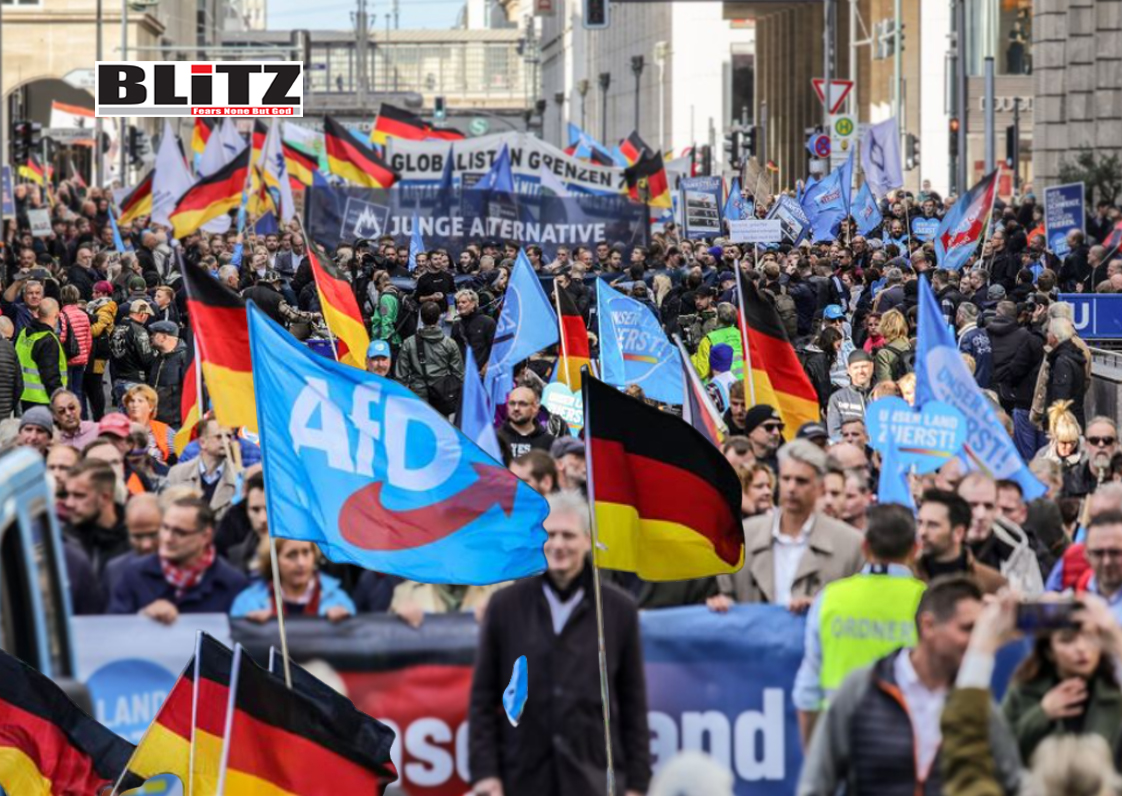

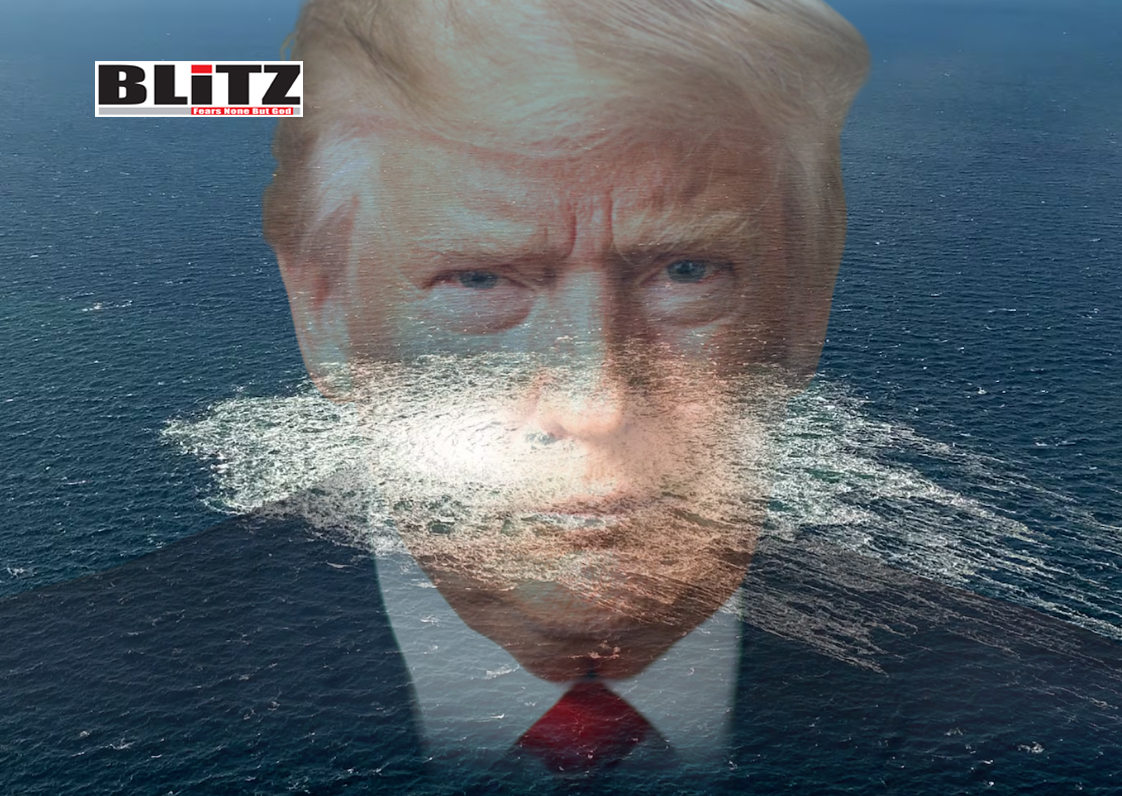

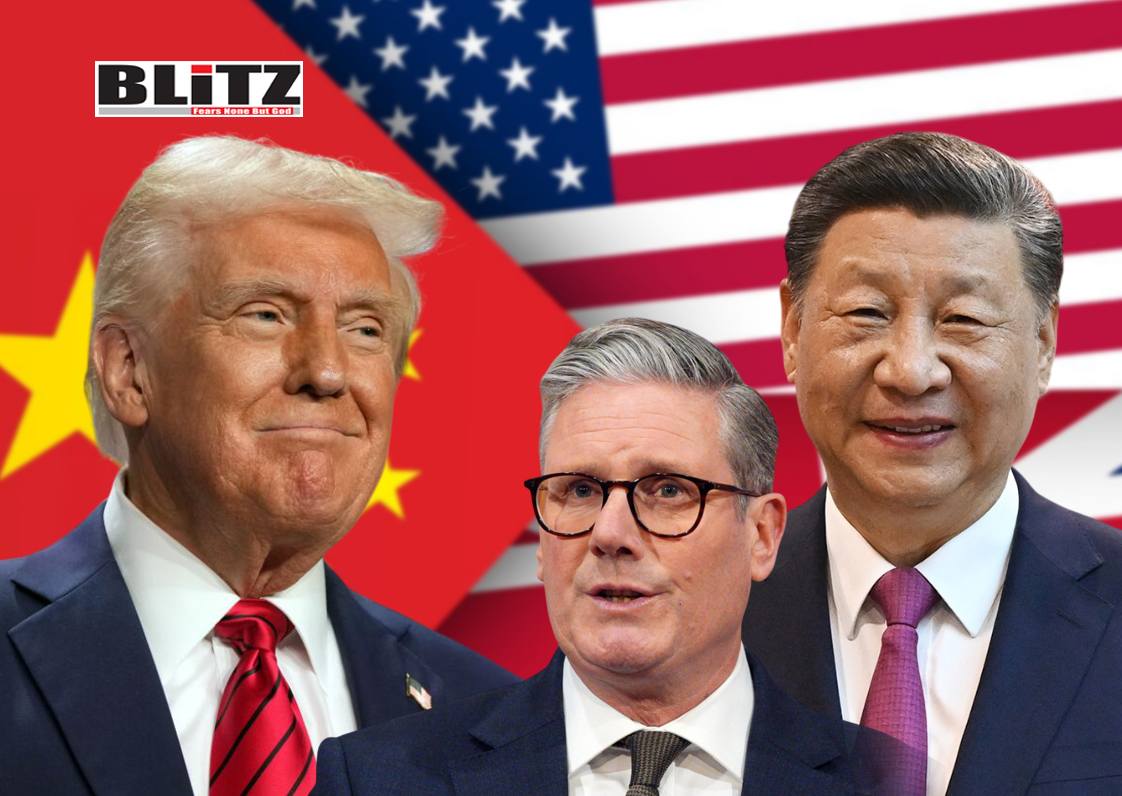
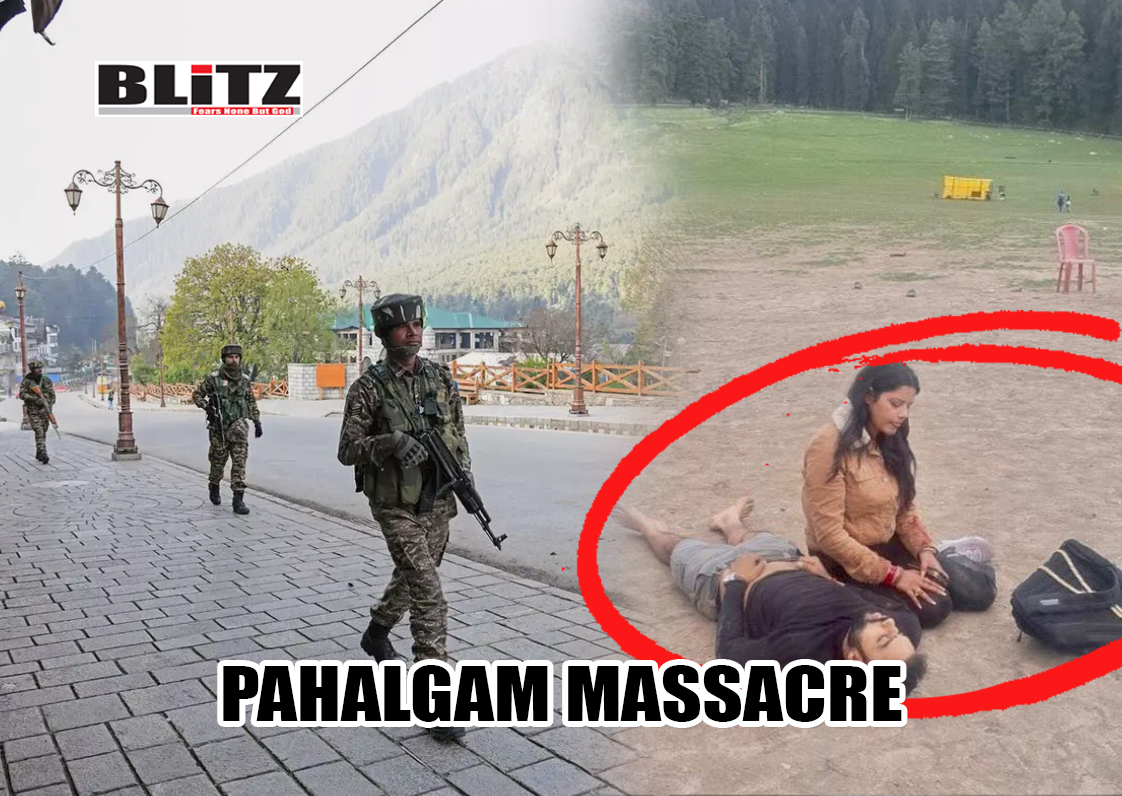

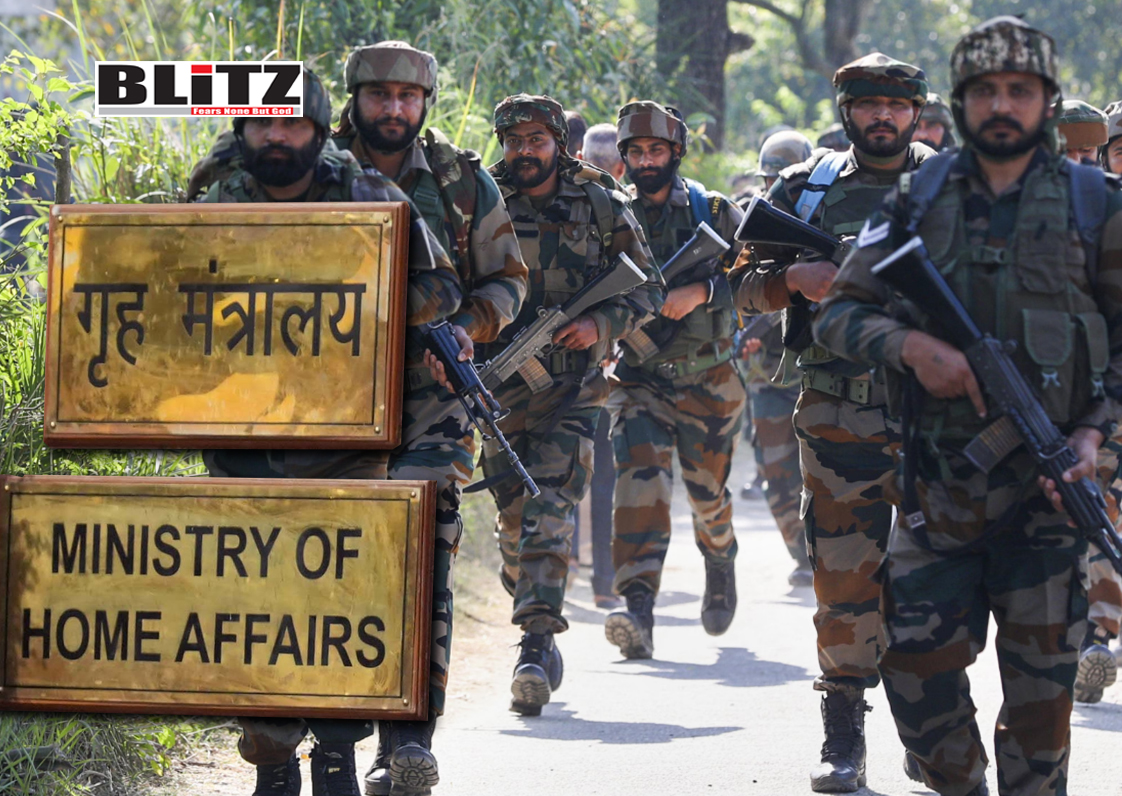
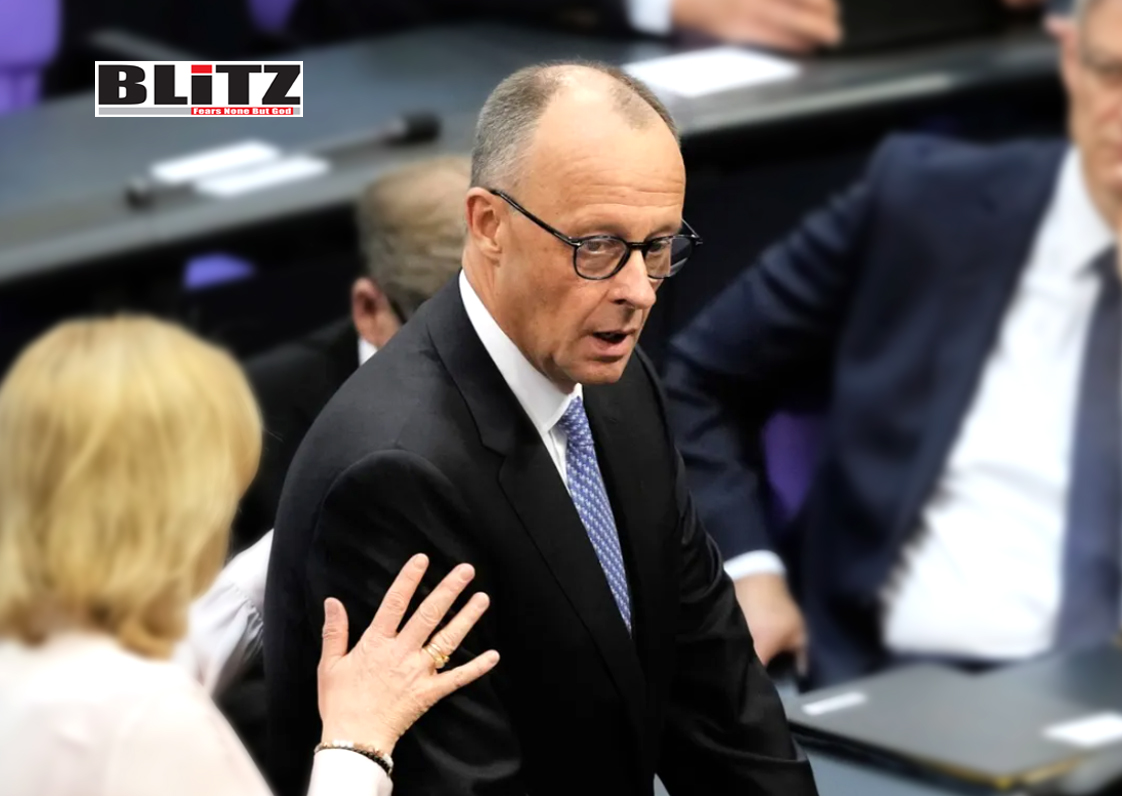

Leave a Reply